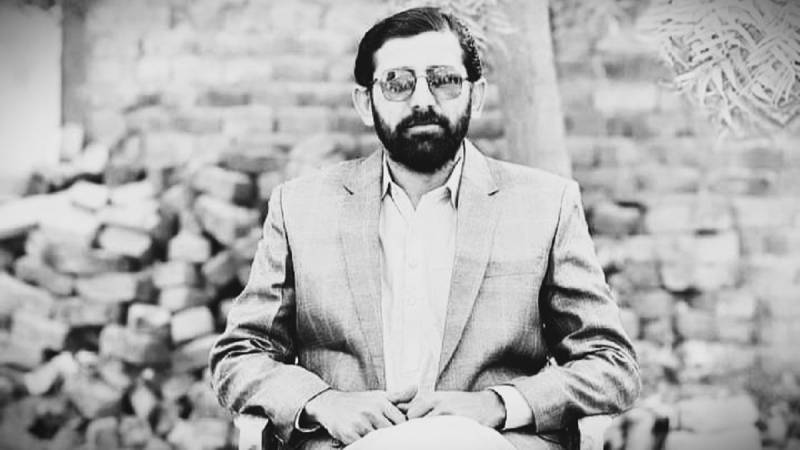
The Sindh Police has claimed to have made headway in the murder of journalist Nasrullah Gadhani after they allegedly nabbed a key suspect.
Gadhani, a journalist from Mirpur Mathelo, was gunned down by armed assailants near his home town on May 21. Three days later, on May 24, he succumbed to his injuries during treatment in Karachi. The incident sent shockwaves through the journalist community and country, sparking widespread protests and demands for justice.
According to reliable sources, police teams launched a thorough investigation into the attack and detained dozens of suspects belonging to various tribal clans. After intense questioning, one of the key suspects allegedly confessed to committing the heinous crime.
It is pertinent to note here that confessions extracted in police custody are not admissible in a court of law and thus have no legal value. However, if an accused person makes a confession before a police officer, it becomes the officer's duty to ensure that the confessional statement is recorded before a competent magistrate. Only then can such a confession be considered admissible in court
The suspect was believed to be a gunman (armed security guard) for a local influential figure. He allegedly admitted to playing a pivotal role in Gadhani's murder.
Police sources claimed that the suspect had provided crucial leads during questioning, and further arrests are expected in the coming days.
Ghotki SSP Sumair Noor Channa is expected to share the arrest and investigation details soon.
The development marks a significant milestone in the case, and authorities will likely disclose more information in the coming days.
The arrest has been hailed as a major success for the Ghotki police, and the journalism community has expressed relief and gratitude. The case drew national attention, highlighting the risks faced by journalists in Pakistan and the need for increased protection and security measures for them.

